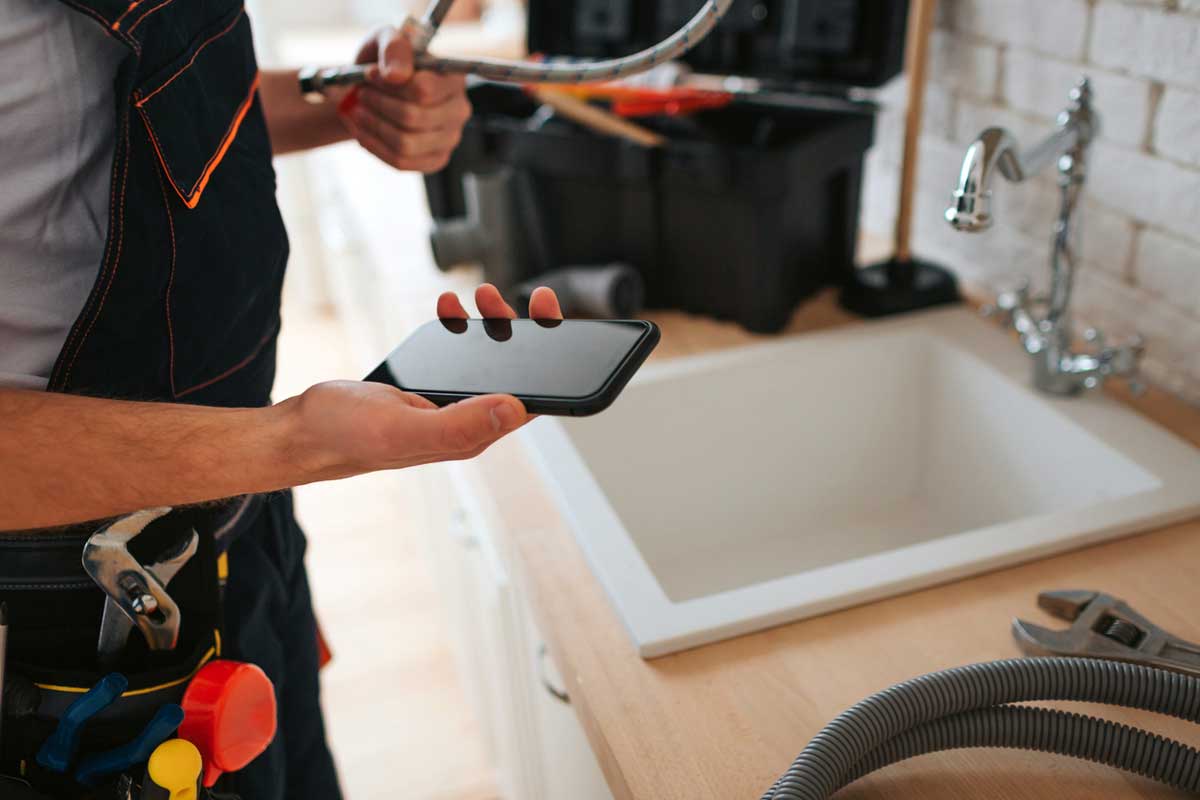

Articles
What Is A Plumbing Inspection
Modified: December 7, 2023
Discover the importance of plumbing inspections with our informative articles. Learn why regular inspections are essential for maintaining a functional plumbing system.
(Many of the links in this article redirect to a specific reviewed product. Your purchase of these products through affiliate links helps to generate commission for Storables.com, at no extra cost. Learn more)
Introduction
Welcome to the world of plumbing inspections! Whether you are a homeowner or a property owner, understanding the importance of plumbing inspections is crucial for maintaining the functionality and integrity of your plumbing system. Plumbing inspections are a proactive measure that can help identify potential issues before they turn into costly repairs or disruptive emergencies.
Plumbing inspections involve a thorough examination of your plumbing system, including pipes, fixtures, drains, and water supply lines. A trained professional will assess the condition of your plumbing, identify any existing or potential issues, and provide recommendations for necessary repairs or maintenance.
While it may be tempting to overlook plumbing inspections, considering them as an unnecessary expense, they can actually save you a significant amount of money in the long run. By detecting and addressing small problems early on, you can prevent them from escalating into major issues that require extensive repairs or even replacement of your plumbing system.
In this comprehensive guide, we will delve into the importance of plumbing inspections, highlight the key components of a plumbing inspection, discuss common issues that are discovered during inspections, explore the benefits of regular plumbing inspections, and provide guidance on hiring a professional for this task.
So, whether you are a diligent homeowner or a property manager responsible for multiple units, this article will equip you with the knowledge and understanding you need to take care of your plumbing system and keep it functioning optimally.
Key Takeaways:
- Regular plumbing inspections are crucial for preventing costly repairs, prolonging the lifespan of your plumbing system, and promoting water efficiency, health, and safety.
- Hiring a professional plumber for a thorough plumbing inspection ensures accurate assessments, compliance with regulations, and peace of mind, saving time and effort.
Read more: How Much Does Plumbing Repair Cost
Importance of Plumbing Inspections
Plumbing inspections are of utmost importance because they play a crucial role in maintaining the safety, efficiency, and longevity of your plumbing system. Here are a few reasons why plumbing inspections should never be overlooked:
- Prevent Costly Repairs: Regular plumbing inspections can help identify potential issues early on before they escalate into major problems. By addressing these issues promptly, you can avoid costly repairs in the future. For example, a small leak might seem insignificant initially, but if left untreated, it can lead to water damage, mold growth, or even structural damage to your property.
- Prolong the Lifespan of Your Plumbing System: Plumbing systems, like any other mechanical system, have a limited lifespan. However, with proper maintenance and regular inspections, you can extend the lifespan of your plumbing system. By detecting and fixing minor issues, you prevent them from developing into major problems that could require the complete replacement of pipes, fixtures, or even the entire plumbing system.
- Ensure Water Efficiency: A plumbing inspection can help identify any inefficiencies in your plumbing system, such as leaks, dripping faucets, or running toilets. Fixing these issues can significantly reduce your water consumption, resulting in lower water bills and a more environmentally friendly household.
- Promote Health and Safety: Faulty plumbing systems can pose risks to health and safety. For instance, hidden leaks can lead to mold growth, which can trigger allergies and respiratory issues. Additionally, a malfunctioning gas water heater can emit dangerous carbon monoxide gas. Regular inspections can help identify and rectify such hazards, ensuring the well-being of your household.
By scheduling regular plumbing inspections, you can address potential problems proactively, saving you time, money, and headaches in the long run. Neglecting these inspections, on the other hand, can lead to costly repairs, water wastage, compromised safety, and inconvenience for you and your family.
Components of a Plumbing Inspection
A comprehensive plumbing inspection consists of several key components that cover different aspects of your plumbing system. Here are the main areas that are typically examined during a plumbing inspection:
- Pipes and Drainage System: One of the primary focuses of a plumbing inspection is to assess the condition of your pipes and drainage system. This includes checking for any signs of leaks, corrosion, or blockages. The inspector will inspect both visible pipes and those hidden behind walls or underground to ensure they are functioning properly and are free from damage.
- Water Supply System: The water supply lines are inspected to detect any leaks, pressure irregularities, or signs of deterioration. The inspector will examine the water meter, shut-off valves, and all connected plumbing fixtures to ensure proper functioning and identify any potential issues.
- Fixtures and Appliances: Plumbing inspections typically involve a thorough examination of all plumbing fixtures and appliances in your home, such as faucets, toilets, showers, and water heaters. The inspector will check for leaks, proper functioning, wear and tear, and any potential safety concerns.
- Drains and Sewer Lines: Proper drainage is essential for a well-functioning plumbing system. The inspector will examine the drains and sewer lines to identify any blockages, clogs, or signs of damage. This may involve the use of cameras and specialized tools to assess the condition of the sewer lines effectively.
- Sump Pump and Backflow Preventer: If your property has a sump pump or a backflow preventer, these will be inspected to ensure that they are operating correctly and preventing any potential flooding or contamination issues.
- Water Quality Testing: In some plumbing inspections, water quality testing may be conducted to check for any contaminants or issues with the water supply. This is particularly important for properties that rely on well water or have concerns about the overall water quality.
During the inspection, the professional plumber will document their findings, noting any issues, recommended repairs, or maintenance tasks. They may also provide you with advice on how to improve the efficiency and longevity of your plumbing system.
By thoroughly examining these components, a plumbing inspection helps to identify existing or potential problems, allowing you to address them before they cause significant damage or inconvenience.
Common Issues Found during Plumbing Inspections
Plumbing inspections often uncover a range of common issues that can affect the functionality and integrity of your plumbing system. While each inspection is unique, here are some of the most frequently encountered issues:
- Leaking Pipes: Leaking pipes are a common problem that can lead to water damage, mold growth, and increased water bills. Inspectors will look for signs of leaks, such as water stains or dampness on walls, ceilings, or floors.
- Clogged Drains: Drain clogs can cause water to back up and lead to slow draining or complete blockages. Inspectors may use specialized tools, such as drain cameras, to identify the cause and location of the clog.
- Corroded or Deteriorated Pipes: Over time, pipes can corrode or deteriorate, especially if they are old or made of outdated materials. This can lead to leaks, reduced water pressure, or even pipe bursts. The inspector will check for signs of corrosion, such as discolored or rusty pipes.
- Malfunctioning Fixtures: Faucets, toilets, and other fixtures can develop issues, such as dripping, leaking, or running water. These issues not only waste water but can also indicate underlying problems that need attention.
- Water Heater Problems: Water heaters can develop a range of issues, including leaks, insufficient hot water, or signs of corrosion. Inspectors will assess the condition of the water heater and its components to ensure it is functioning properly and efficiently.
- Sewer Line Blockages: Sewer line blockages can lead to sewer backups and unpleasant odors. Inspectors may use cameras to inspect the sewer lines and identify any obstructions or damage.
- Inadequate Water Pressure: Low water pressure can be caused by a variety of factors, including mineral buildup, leaks, or faulty pressure regulators. Inspectors will investigate the source of the issue and recommend appropriate solutions.
- Improper Ventilation: Proper ventilation is crucial for plumbing systems to function efficiently and prevent odors or gases from building up. Inspectors will check for venting issues that may affect the overall performance of the plumbing system.
These are just a few examples of the common issues that can be detected during a plumbing inspection. Addressing these issues promptly can help prevent further damage, improve the efficiency of your plumbing system, and save you from potential headaches down the line.
Regular plumbing inspections can help identify potential issues early, preventing costly repairs down the line. It’s best to schedule an inspection at least once a year to ensure everything is in working order.
Benefits of Regular Plumbing Inspections
Regular plumbing inspections offer numerous benefits that can help ensure the optimal functioning of your plumbing system and save you from costly repairs or emergencies. Here are some of the key advantages of scheduling regular plumbing inspections:
- Early Detection of Problems: Regular inspections allow for the early detection of plumbing issues before they worsen. By identifying and addressing small problems, such as leaks or clogs, you can prevent them from escalating into major, more expensive issues in the future.
- Preventive Maintenance: Plumbing inspections provide an opportunity for preventive maintenance. By proactively addressing minor issues, performing necessary repairs, and maintaining the overall health of your plumbing system, you can extend its lifespan, reduce the likelihood of major breakdowns, and save money in the long run.
- Potential Cost Savings: While it may seem counterintuitive to spend money on inspections, they can actually save you money in the long term. By catching problems early and preventing major repairs or replacements, you avoid the hefty expenses associated with extensive plumbing damage.
- Improved Water Efficiency: Plumbing inspections help identify and resolve leaks, inefficient fixtures, or other issues that can waste water. By fixing these problems, you can conserve water, reduce your water bills, and contribute to a more sustainable future.
- Promote Health and Safety: A properly functioning plumbing system is crucial for the health and safety of your household. Regular inspections can help detect and mitigate potential hazards, such as leaks that can lead to water damage or mold growth, as well as gas leaks from faulty appliances.
- Peace of Mind: Knowing that your plumbing system has been thoroughly inspected and is in good working condition provides peace of mind. You can rest assured knowing that you have taken proactive steps to maintain the integrity and functionality of your plumbing, minimizing the chances of unexpected emergencies.
By investing in regular plumbing inspections, you are investing in the long-term health and functionality of your plumbing system. It is a proactive measure that can save you from stress, inconvenience, and costly repairs in the future.
Read more: What Is Plumbing?
Hiring a Professional for a Plumbing Inspection
When it comes to plumbing inspections, it is highly recommended to hire a professional plumber who has the expertise and experience in conducting thorough assessments of plumbing systems. Here are a few reasons why hiring a professional is advantageous:
- Knowledge and Expertise: Professional plumbers have extensive knowledge about plumbing systems and their intricate components. They are trained to identify potential issues, understand the underlying causes, and recommend appropriate solutions. Their expertise ensures a comprehensive inspection that covers all critical aspects of your plumbing system.
- Specialized Tools and Equipment: Professional plumbers have access to specialized tools and equipment that enable them to conduct in-depth inspections. These tools, such as plumbing cameras, pressure gauges, and leak detection devices, allow them to detect hidden issues and accurately assess the condition of your plumbing system.
- Convenience and Efficiency: Hiring a professional plumber saves you time and effort. They will handle the entire inspection process, from scheduling the appointment to conducting the assessment and providing you with a detailed report. They have the expertise to efficiently evaluate your plumbing system, ensuring that nothing is overlooked.
- Accurate Assessments and Recommendations: Professional plumbers can provide accurate assessments of the condition of your plumbing system. They can identify potential problems and offer practical recommendations for repairs or maintenance. Their expertise helps prioritize issues, letting you know which ones require immediate attention and which ones can be addressed in the future.
- Compliance with Codes and Regulations: Professional plumbers are well-versed in local plumbing codes and regulations. By hiring a professional, you ensure that your plumbing inspection is conducted in compliance with these standards. This can be especially important if you are buying or selling a property, as an inspection by a licensed plumber may be required.
- Verification of Work: In some cases, you may require a plumbing inspection to verify that work has been completed correctly. Hiring a professional plumber for this task ensures an unbiased assessment and documentation of the work performed, giving you peace of mind that the job has been done to industry standards.
It is important to note that when hiring a professional for a plumbing inspection, you should look for a licensed, insured, and reputable plumber. Ask for references, read reviews, and compare prices to ensure you are hiring a qualified professional who will provide a thorough and reliable inspection.
Investing in a professional plumbing inspection not only provides you with a comprehensive assessment of your plumbing system but also offers the assurance that your plumbing is in good hands and will continue to function optimally.
Conclusion
Plumbing inspections are a vital aspect of maintaining the health, efficiency, and longevity of your plumbing system. By scheduling regular inspections conducted by professional plumbers, you can detect and address potential plumbing issues before they become costly emergencies.
Throughout this guide, we have explored the importance of plumbing inspections and the benefits they offer. Plumbing inspections provide early detection of problems, allowing for timely repairs and preventive maintenance. They help prevent costly repairs, improve water efficiency, promote health and safety, and provide you with peace of mind.
During a plumbing inspection, various components of your plumbing system are thoroughly examined, including pipes, drainage systems, water supply lines, fixtures, and appliances. Common issues found during inspections include leaking pipes, clogged drains, corroded pipes, and malfunctioning fixtures. Addressing these issues promptly can help prevent further damage and save you from extensive repairs or replacements.
When it comes to plumbing inspections, it is highly recommended to hire a professional plumber. Professional plumbers have the necessary knowledge, expertise, specialized tools, and equipment to conduct comprehensive assessments. They provide accurate assessments, offer recommendations, ensure compliance with codes and regulations, and save you time and effort.
In conclusion, investing in regular plumbing inspections is a proactive measure that can save you from unexpected emergencies, reduce repair costs, promote water conservation, and ensure the optimal functioning of your plumbing system. By prioritizing these inspections and seeking professional assistance, you can enjoy the benefits of a well-maintained plumbing system and experience peace of mind knowing that your home or property is well-protected against plumbing issues.
Frequently Asked Questions about What Is A Plumbing Inspection
Was this page helpful?
At Storables.com, we guarantee accurate and reliable information. Our content, validated by Expert Board Contributors, is crafted following stringent Editorial Policies. We're committed to providing you with well-researched, expert-backed insights for all your informational needs.
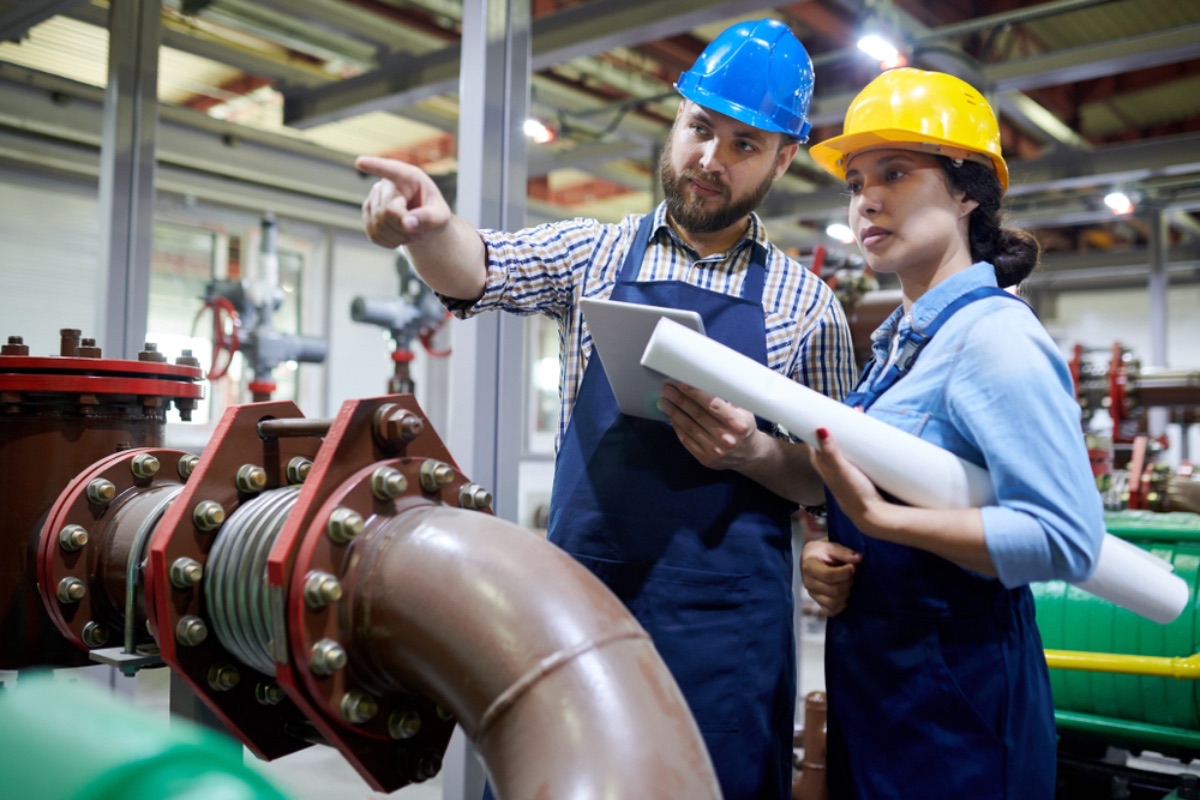
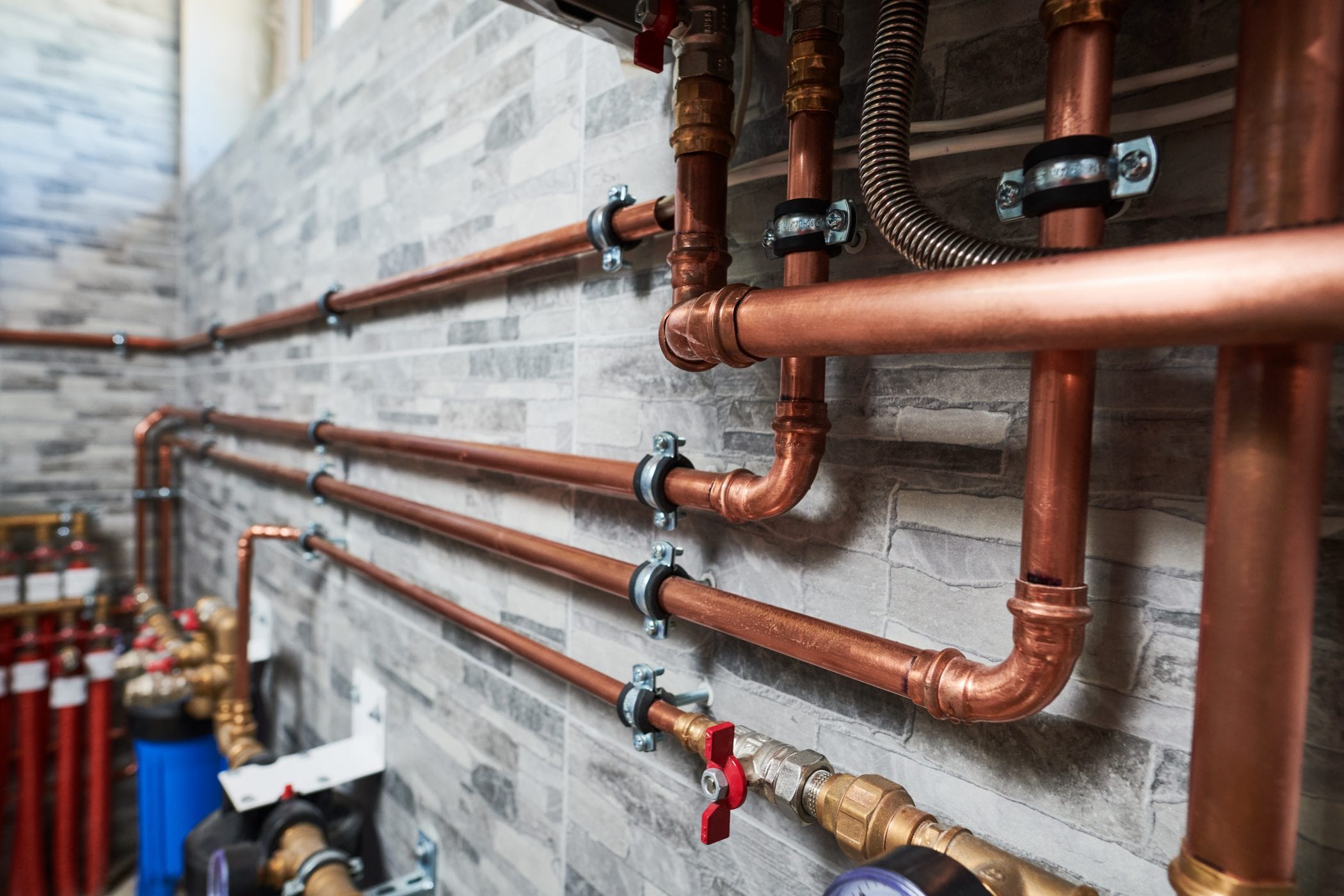
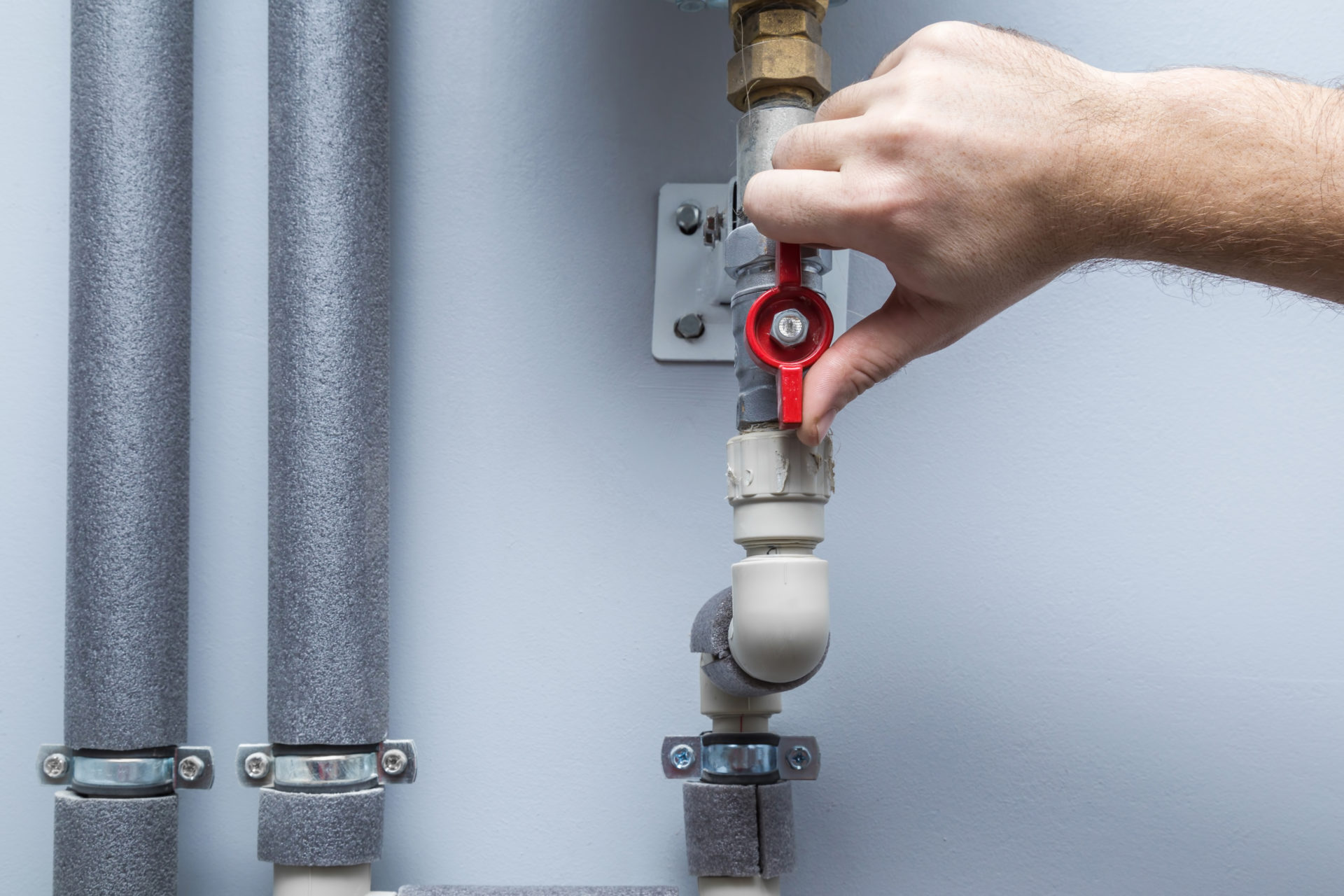
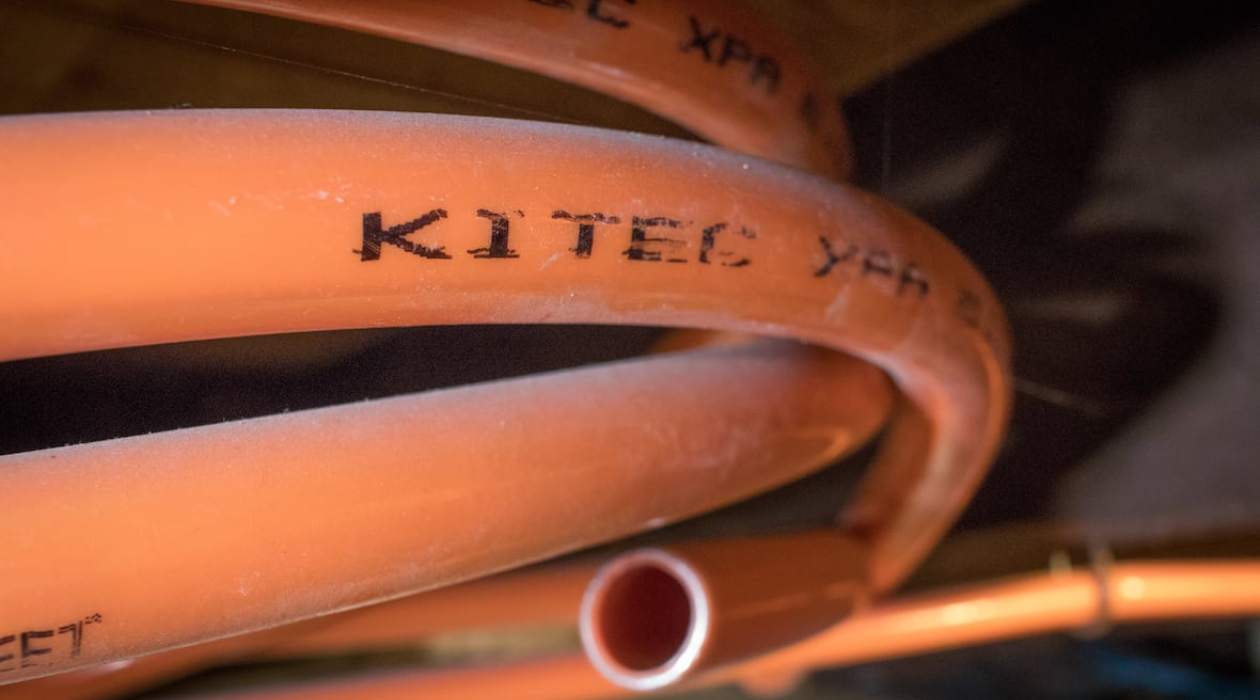
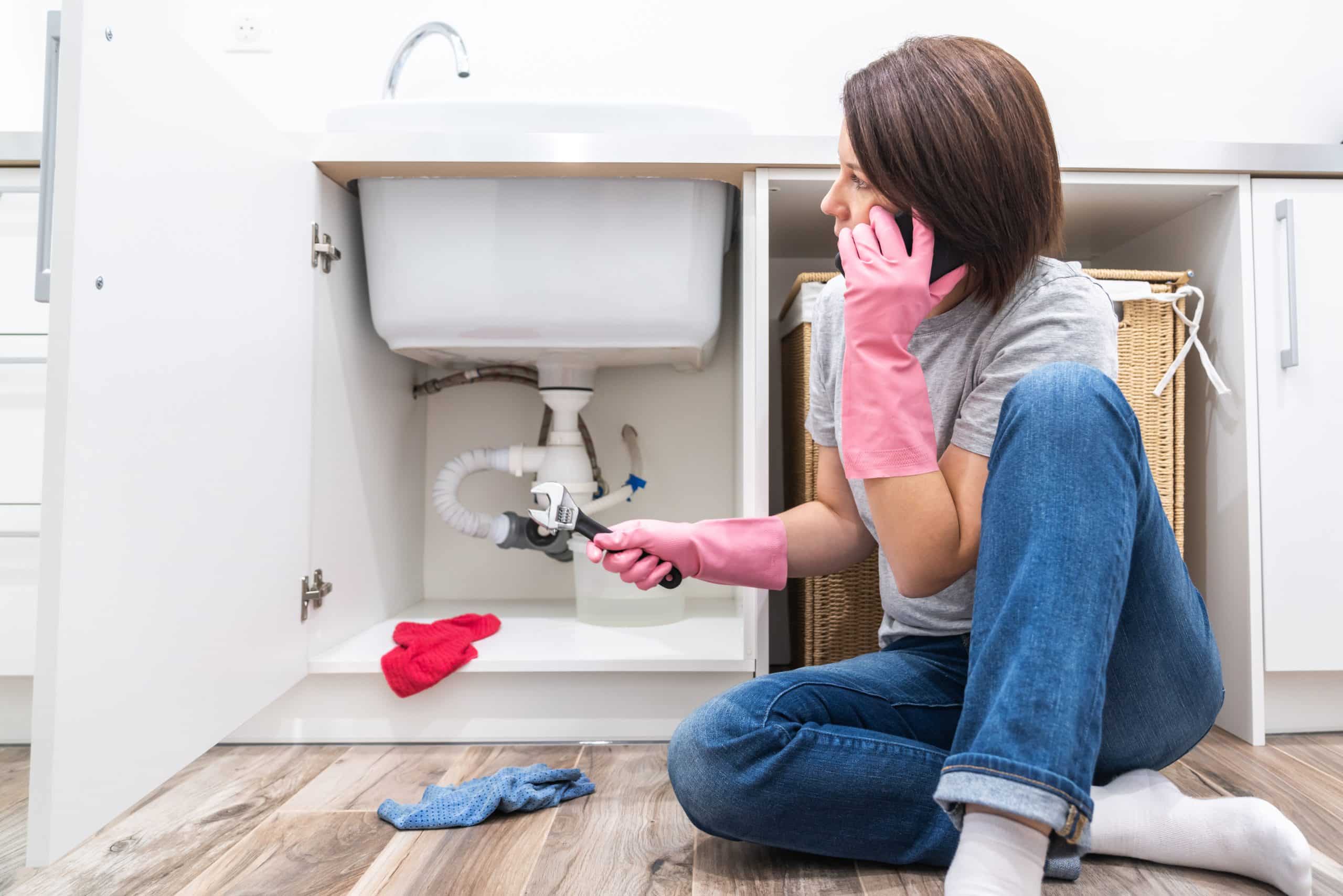
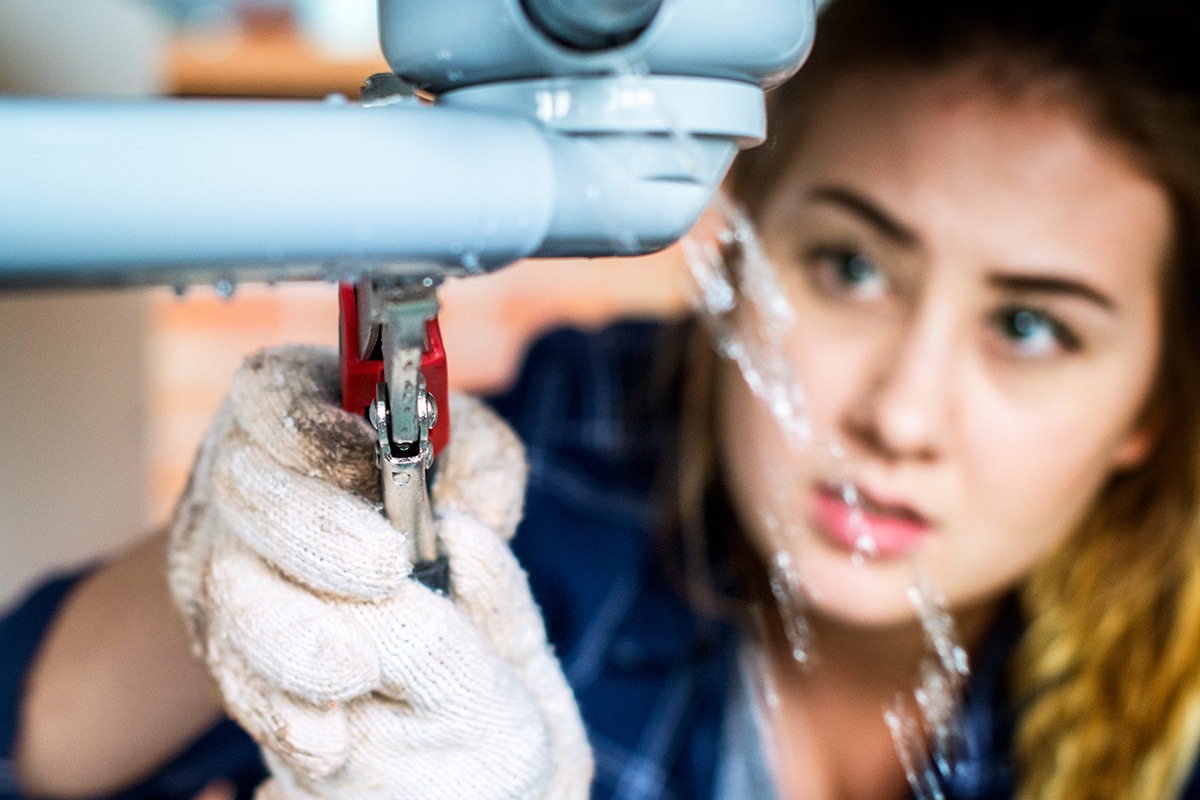

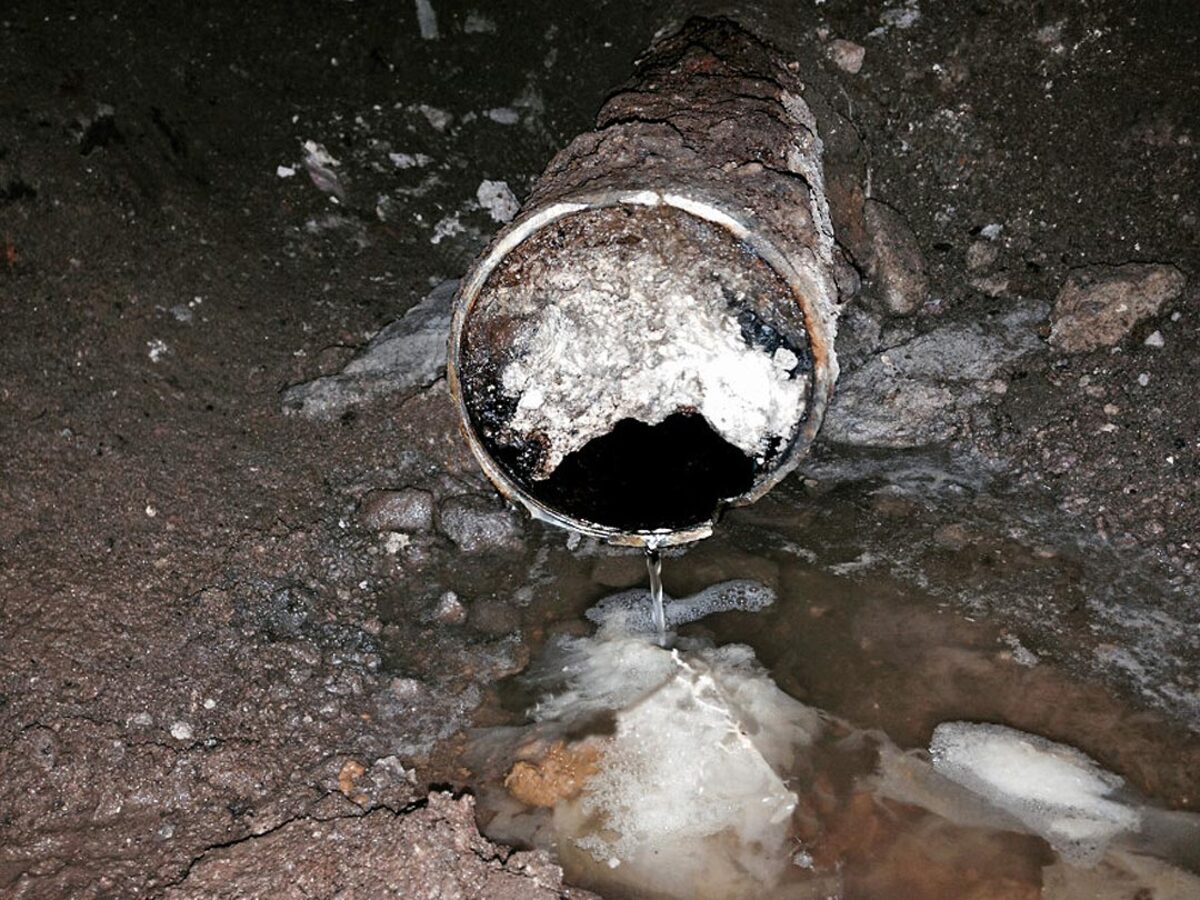
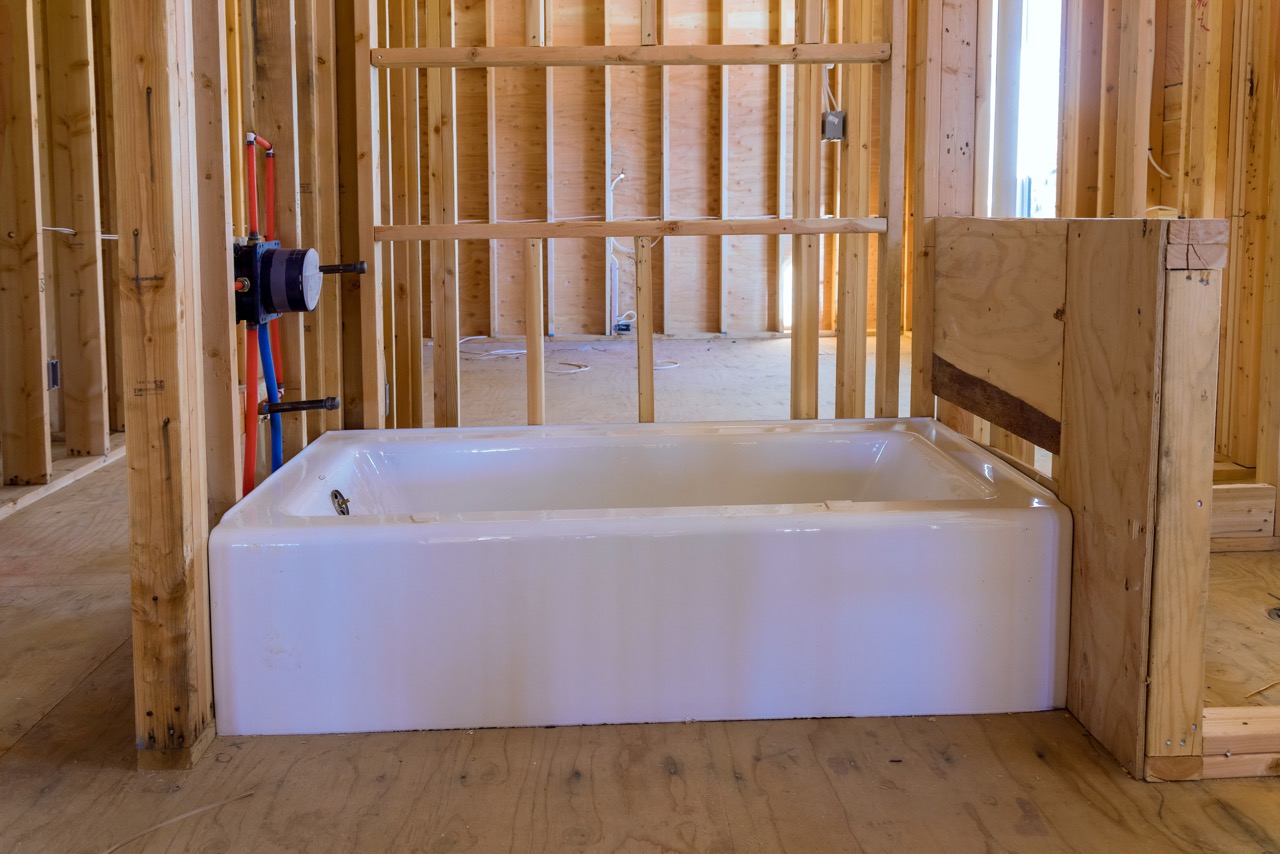
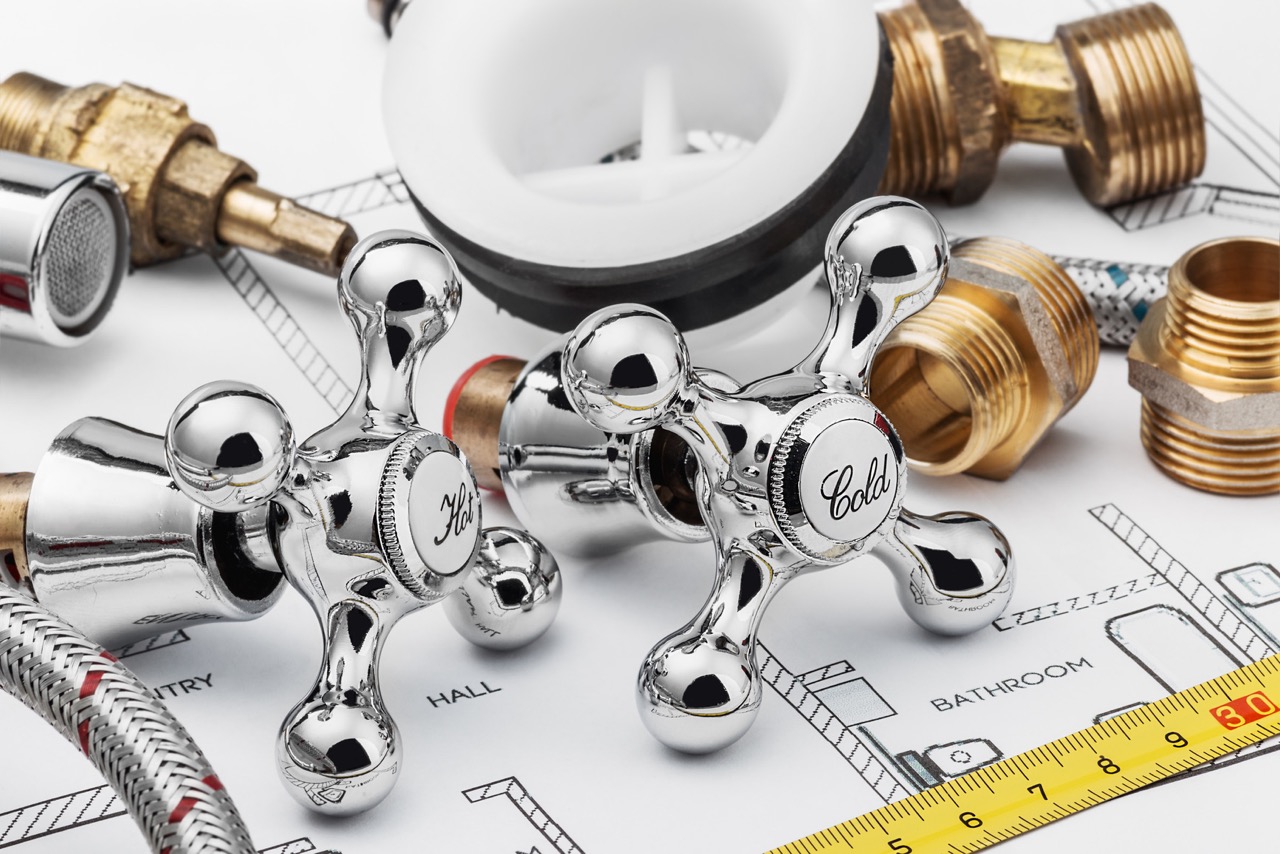
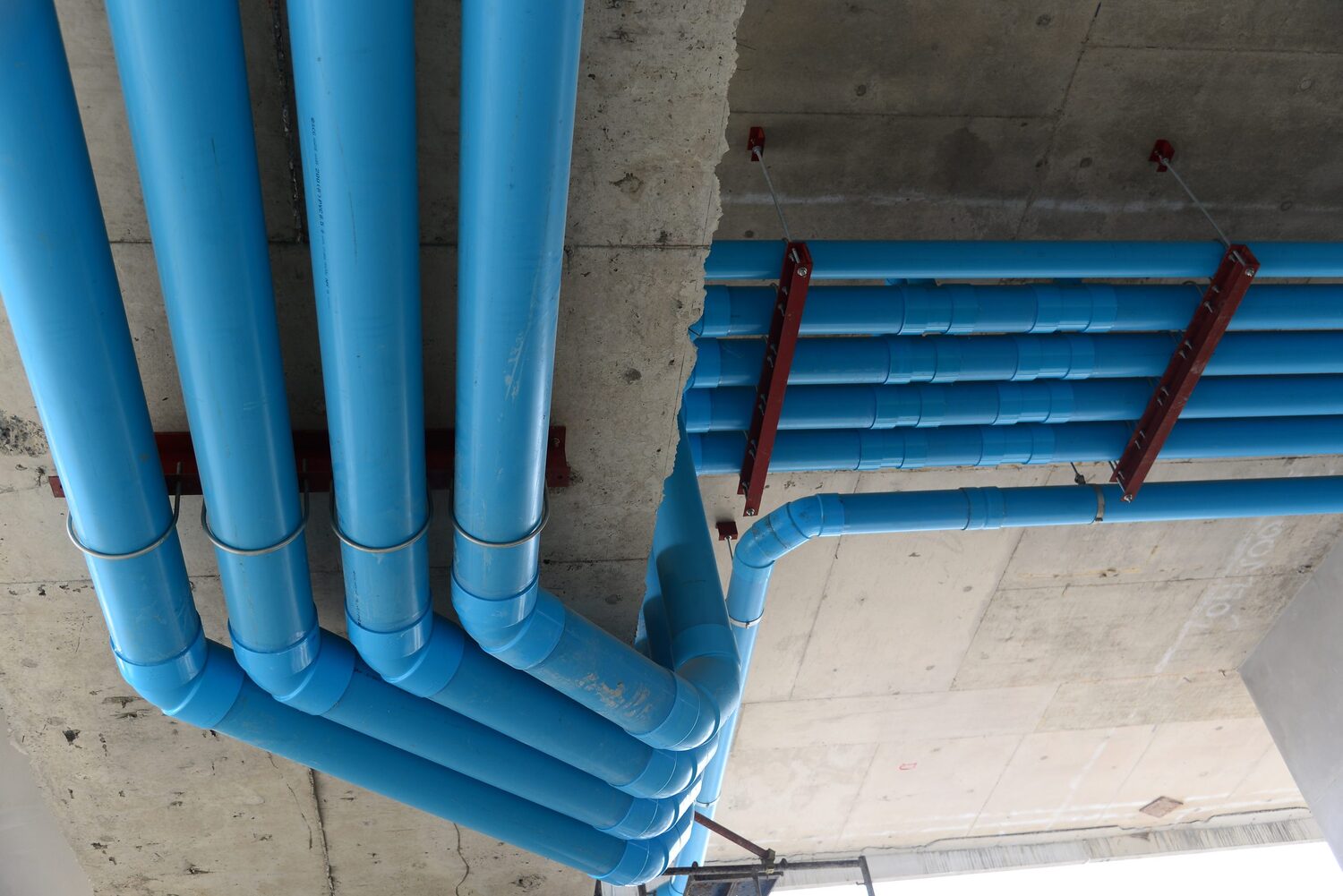
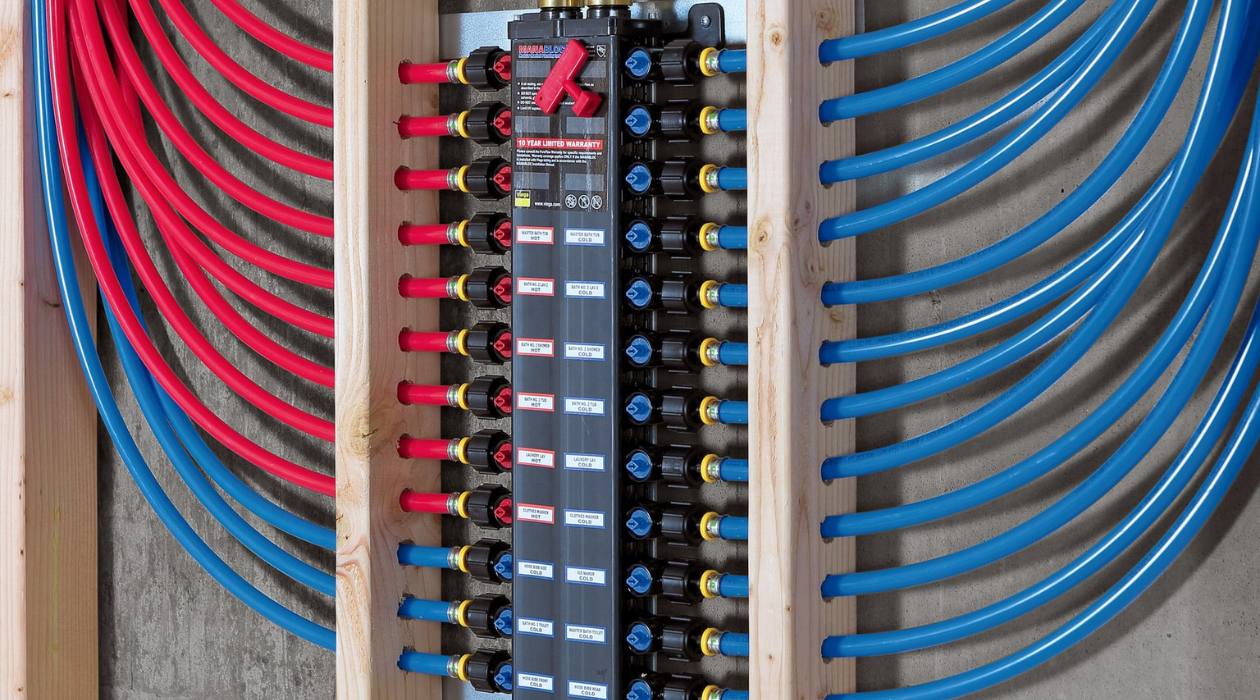
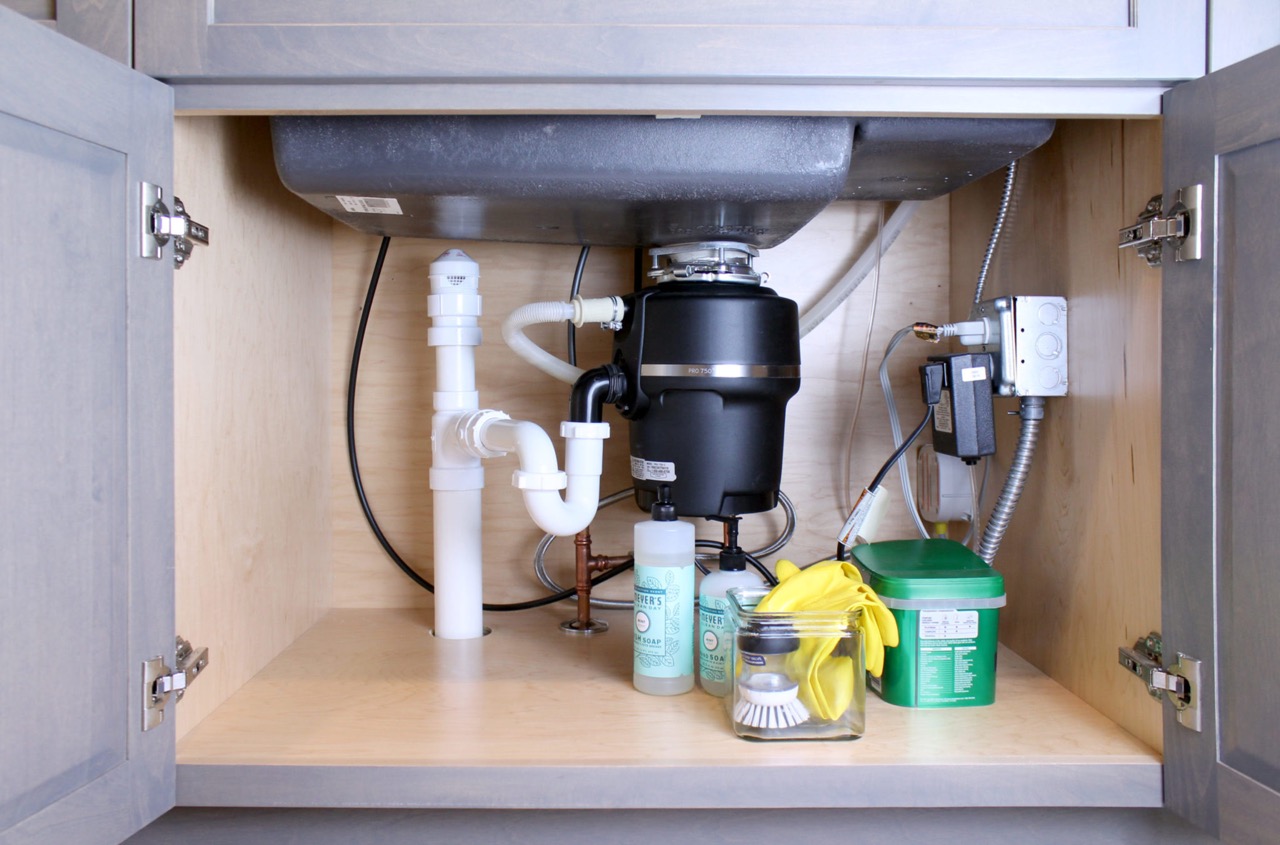
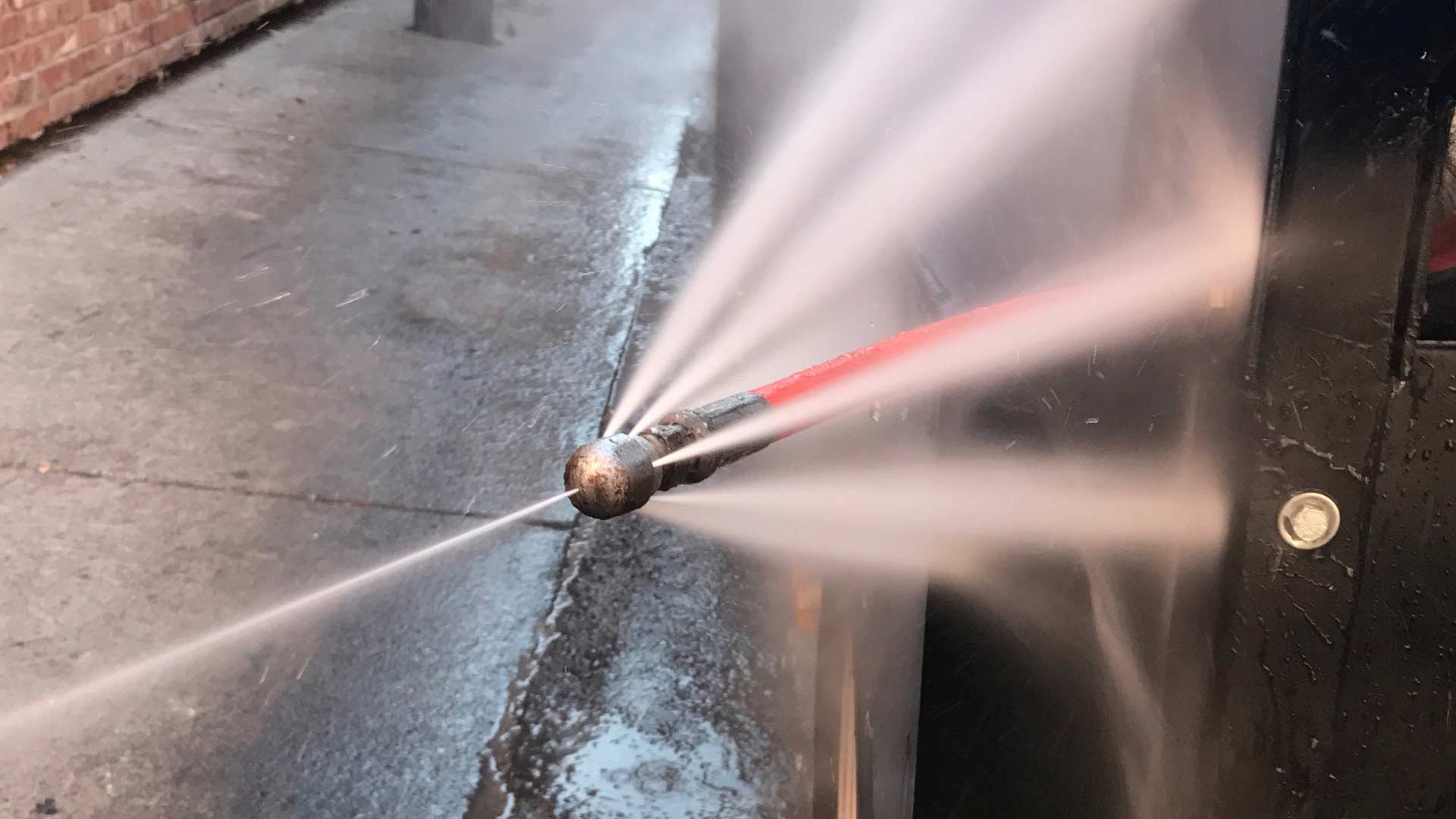

0 thoughts on “What Is A Plumbing Inspection”